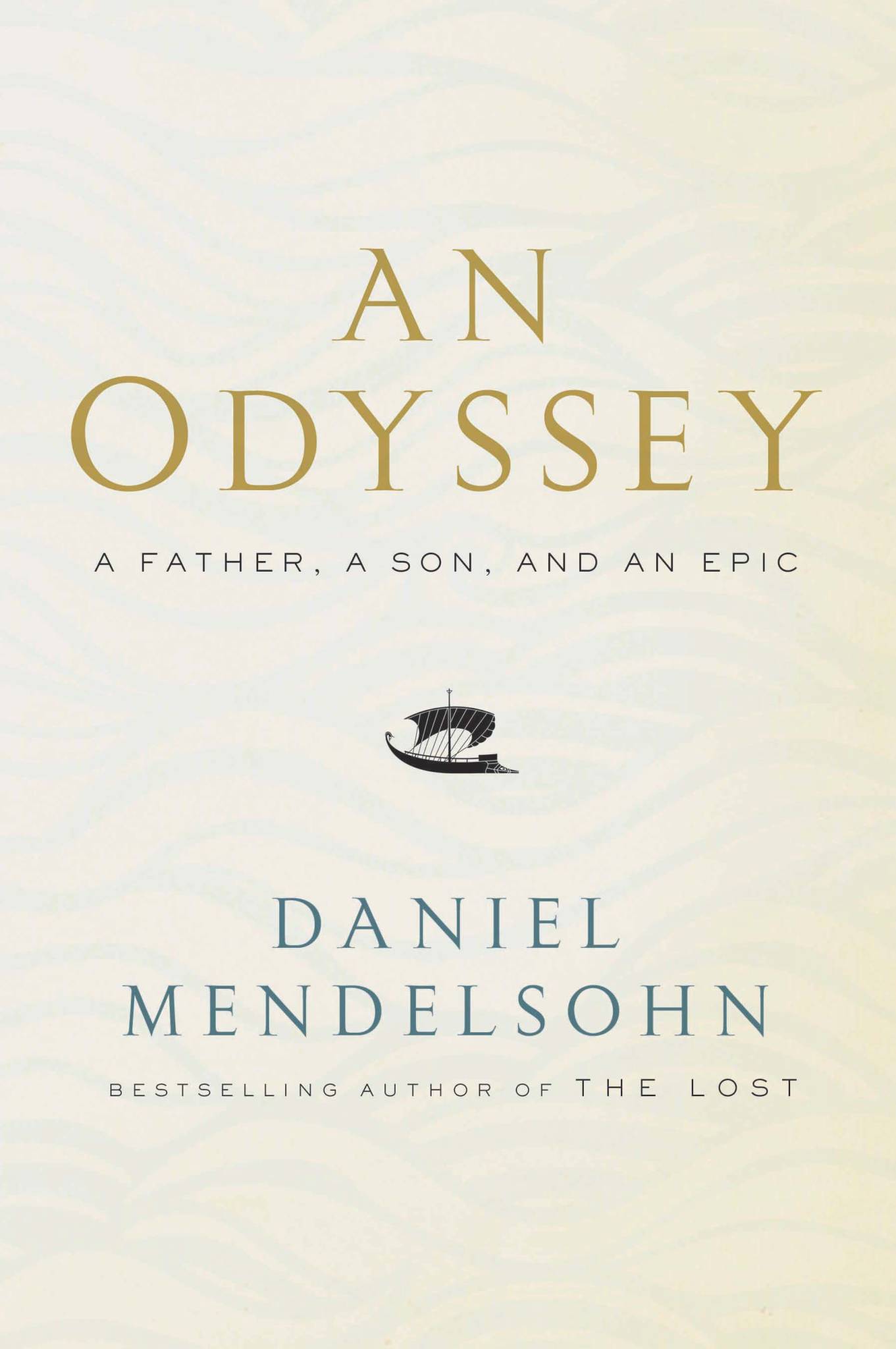
An Odyssey: A Father, a Son, and an Epic
Daniel Mendelsohn, Bard College
October 17, 2017 · 6:00 pm—7:30 pm · Labyrinth Books
Labyrinth Books and the Program in Humanistic Studies

We invite you to hear the moving tale of a father and son’s transformative journey in reading–and reliving–Homer’s epic masterpiece
When eighty-one-year-old Jay Mendelsohn decides to enroll in the undergraduate Odyssey seminar his son teaches at Bard College, the two find themselves on an adventure as profoundly emotional as it is intellectual. For Jay, a retired computer scientist who sees the world through a mathematician’s unforgiving eyes, this return to the classroom is his “one last chance” to learn the great literature he’d neglected in his youth–and, even more, a final opportunity to more fully understand his son, a writer and classicist. But through the sometimes uncomfortable months during which the two men explore Homer’s great work together–first in the classroom, where Jay persistently challenges his son’s interpretations, and then during a surprise-filled Mediterranean journey retracing Odysseus’s famous voyages–it becomes clear that Daniel has much to learn, too: Jay’s responses to both the text and the travels gradually uncover long-buried secrets that allow the son to understand his difficult father at last. As this intricately woven memoir builds to its wrenching climax, Mendelsohn’s narrative comes to echo the Odyssey itself, with its themes of deception and recognition, marriage and children, and the meaning of home. Rich with literary and emotional insight, An Odyssey is a renowned author-scholar’s most triumphant entwining yet of personal narrative and literary exploration.
Daniel Mendelsohn is an American memoirist, essayist, critic, columnist, and translator and is Professor of Humanities at Bard College. His most recent book prior to An Odyssey is Waiting for the Barbarians: Essays from the Classics to Pop Culture. Co-sponsored by the Program in Humanistic Studies at Princeton University’s Humanities Council
Co-sponsored by the Program in Humanistic Studies at Humanities Council















